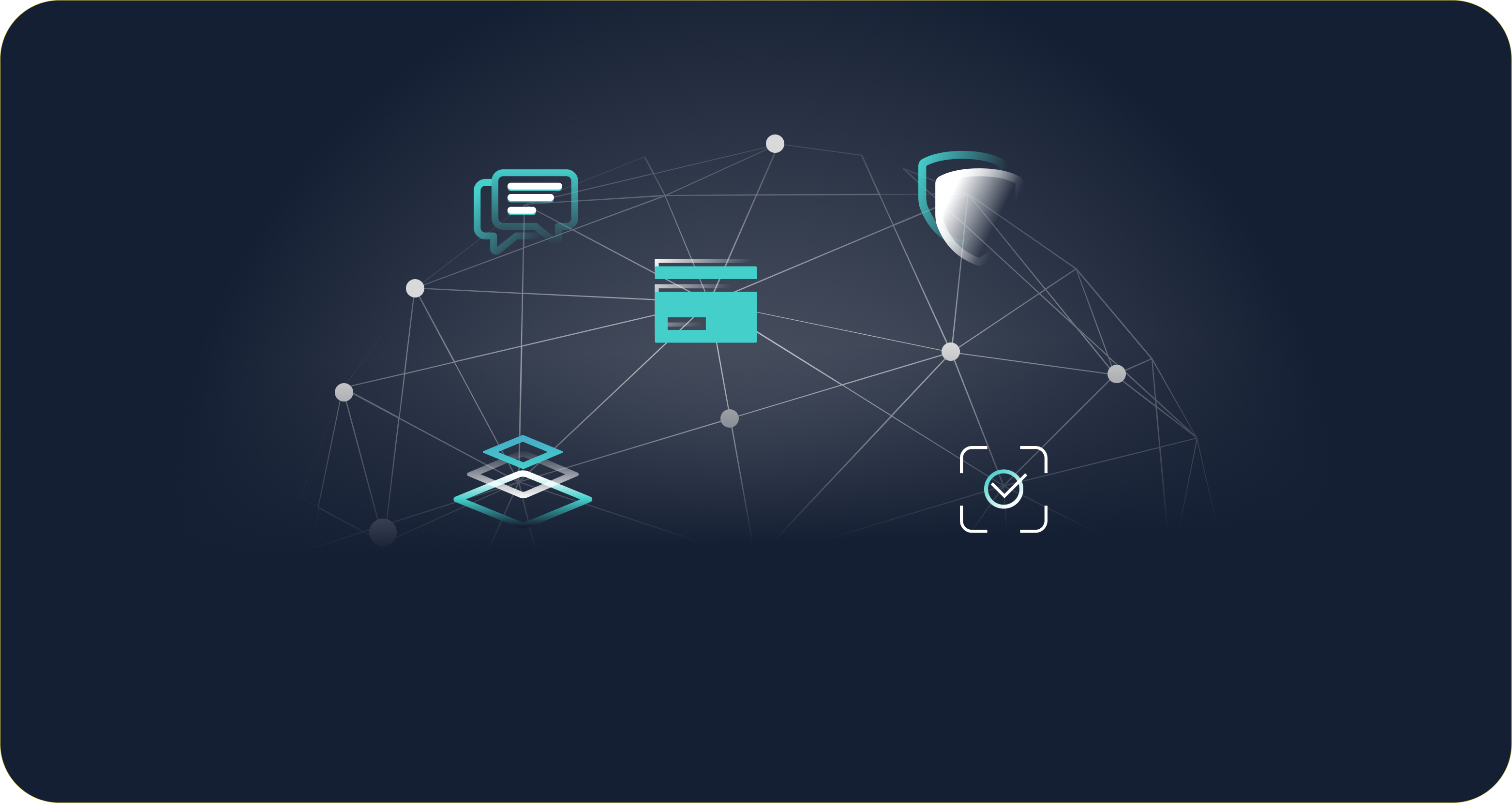Learning from nature — ecological succession’s lesson for personal development
As the west coast nears its 2023 wildfire season, I’m finding myself reflecting on the recent wildfires in Canada that affected the eastern side of the United States. Being on the other side of the country from a fire is not something that I’d say I’m used to — in fact, in 2018, I lost my home and all of my personal belongings to the Woolsey Fire that impacted almost three hundred thousand other people’s lives beyond my own.
One of the most paradoxical images that comes to my mind when thinking about the Woolsey fire is the beauty of the super bloom that sprung up because of what I and others had lost. The flowers didn’t replace the pain. The beauty didn’t supersede the sense of loss. But nature’s way of healing itself taught me how we can still make good, even in the midst of going through the bad.
Living through that — surviving that, when others didn’t — was not easy. Seeing our world hurting never becomes easy. However, watching nature’s resurgence over time can be taken to heart as a lesson in how to lead a business through hard times and what it means to develop oneself through adversity.
What happens after a disturbance?
There are two cycles within ecological succession, but I’ll focus on secondary succession in terms of metaphors, since that is when an ecosystem comes back to life after a disturbance like flood or fire.
There are a lot of things within the working world that would be acknowledged as a disturbance if we were to make comparisons. On the personal level there are management and staffing changes, priority shifts, layoffs and more. For a business, we can look at things like a harsh economic climate or a change in company leadership. These experiences often leave people with a question of “What’s left?”
What we can learn from nature when we want to answer that question is that with patience, what is left will reveal itself, and what is gone will come back new.
Nature doesn’t heal itself overnight. In fact, secondary ecological succession can take over one-hundred and fifty years to fully develop into its final stage.
Losing a job, losing a manager or coworker, or a change in strategy can’t usually find the right change to be made in a single meeting or interview. The economy isn’t going to make a hard pivot and flourish with just a few decisions. In spite of the loss we face, the things that we do have coming out of those disturbances are our skills, our experiences, and one another.
Around two years ago, Zest AI made the decision to focus in on working with credit unions after over a decade of being in business, and you could say that decision was one that pushed us into a secondary ecological succession. We didn’t go back to square one — we had our technology, our people, and our mission.
And then came the super bloom of customers who became partners, innovators, and friends to everyone in our organization, and it is only growing with time.
Growth out of, and alongside, adversity
Losing my home in 2018 provided gratitude for what was still left and the new gifts of a changed and stronger foundation, enriched sense of community, and the nutrients in which I was able to rebuild upon.
What we face as individuals, as businesses, and as a country right now are not simple or easy. The hard things we grapple with today — despite how insurmountable they feel in the moment — are part of the process of being a business and growing as a person.
Remember that when you keep taking the next right step, you might be surprised that there is a field of flowers growing amidst what is no longer there.
_____________________________________
Patti Mancini — Head of People Operations
At Zest AI, Patti leads all aspects of our talent force and stewards Zest’s tight-knit culture. She fosters connection, empowerment, and sustainable action toward individual and team goals, and enables professional development across the company. She also spearheaded the implementation of Zest Cares and oversees the initiative’s charitable work and impact. Patti lives in Malibu and can often be found at the beach near her home.

